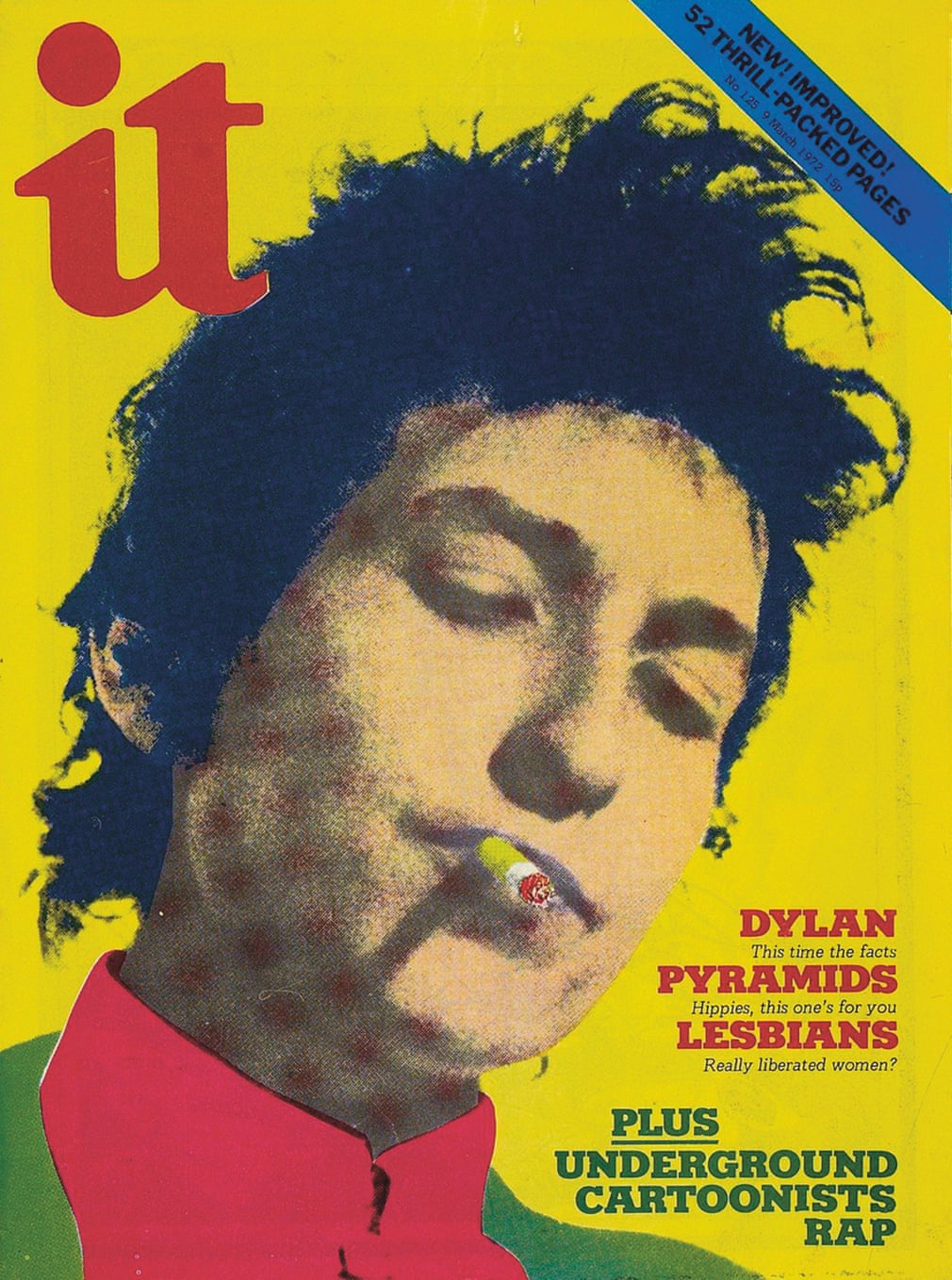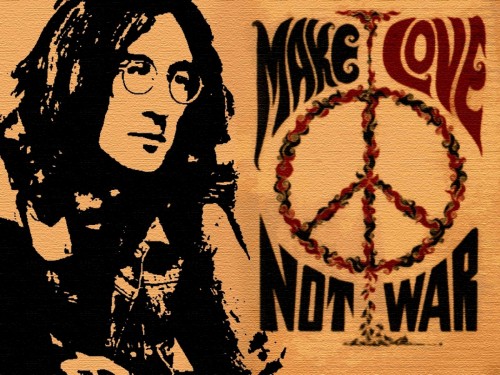History of the Hippie movement

The hippie subculture began its development as a youth movement in the United States during the early 1960s and then developed around the world.
Its origins may be traced to European social movements in the 19th and early 20th century such as Bohemians, and the influence of Eastern religion and spirituality. From around 1967, its fundamental ethos — including harmony with nature, communal living, artistic experimentation particularly in music, and the widespread use of recreational drugs — spread around the world during the counterculture of the 1960s, which has become closely associated with the subculture.
Classical culture[edit]
The Hippie movement has found historical precedents as far back as the Mazdakist movement in Persia, whose leader the Persian reformer Mazdak, advocated communal living, the sharing of resources, vegetarianism and free love.[1] A 1967 article in Time Magazine asserted that the hippie movement has a historical precedent in the counterculture of the Ancient Greeks, espoused by philosophers like Diogenes of Sinope and the Cynics.[2] The article also claimed that the hippies were influenced by the ideals of Jesus Christ, Hillel the Elder, Buddha, St. Francis of Assisi, Henry David Thoreau, Gandhi, and others.[2] Some[who?] have pointed to the short-lived Merrymount colony in 1625 (allegorically portrayed by Nathaniel Hawthorne in "The Maypole of Merry Mount)" as the first hippie experience on the American continent. (Read more on Wikipedia)
Counter-culture of the 60s (Wikipedia)
Hippie Trail (Wikipedia)
Psychedelic music (Wikipedia)
Timeline of 1960s counter-culture (Wikipedia)
What did the hippies want?
Covering the counter-culture (Guardian)
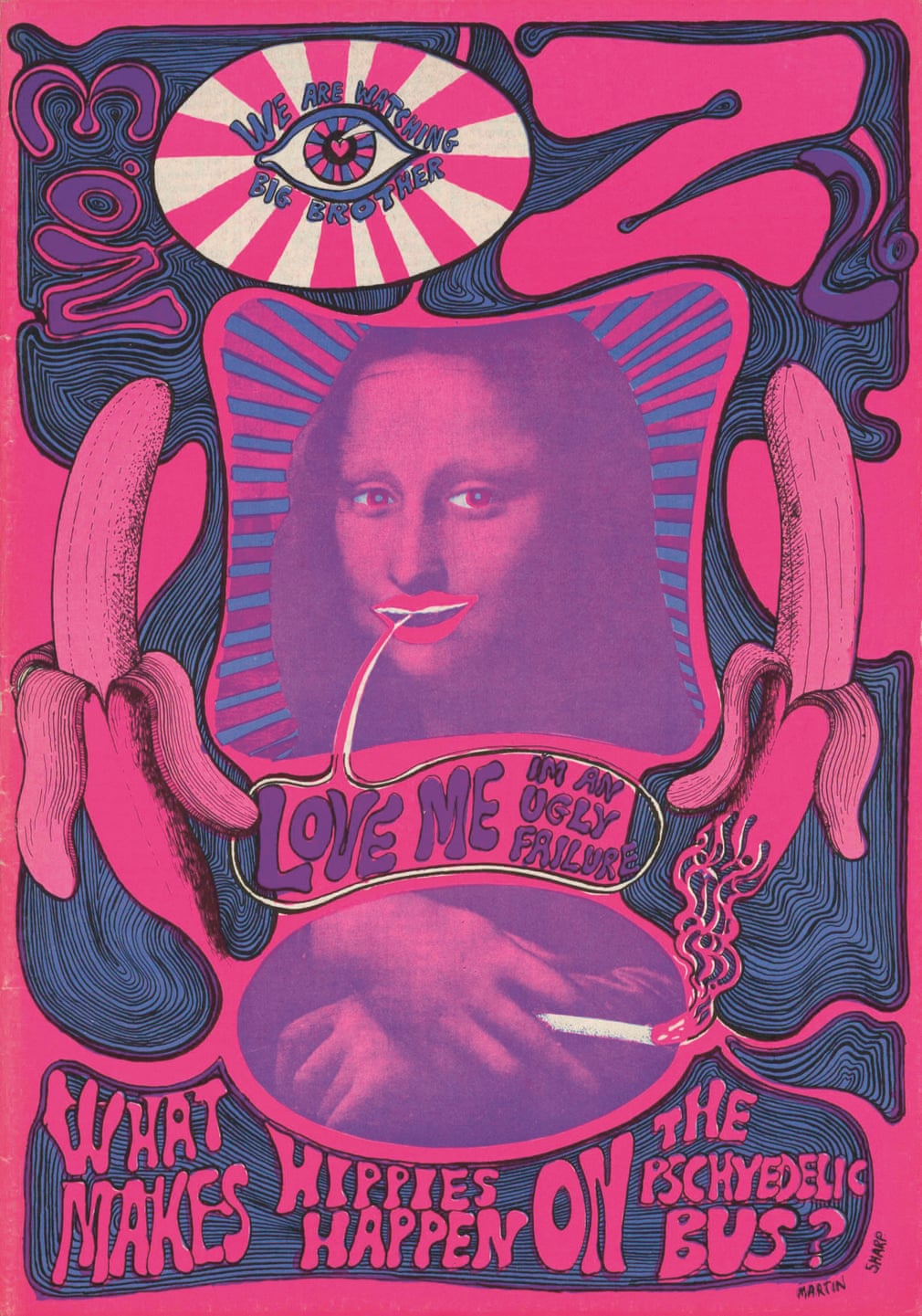
Woodstock

In August 1969, the Woodstock Music and Art Festival took place in Bethel, New York, which for many, exemplified the best of hippie counterculture. Over 500,000 people arrived to hear the most notable musicians and bands of the era, among them Richie Havens, Joan Baez, Janis Joplin, The Grateful Dead, Creedence Clearwater Revival, Crosby, Stills, Nash & Young, Santana, The Who, Jefferson Airplane, and Jimi Hendrix. Wavy Gravy's Hog Farm provided security and attended to practical needs, and the hippie ideals of love and human fellowship seemed to have gained real-world expression. (Source: Wikipedia)

Progression, Stubbornness and Prevalence of Psychedelic Culture in the Hippie Sixties (Medium)
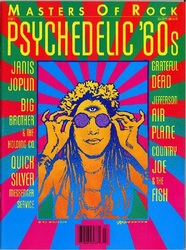
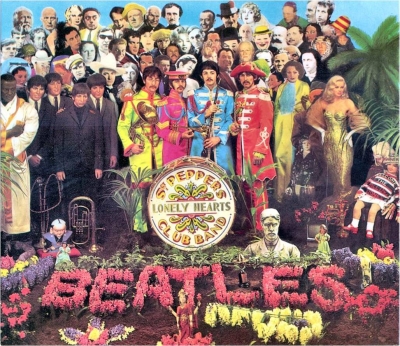

Imagine by John Lennon
Imagine there's no heaven
It's easy if you try
No hell below us
Above us only sky
Imagine all the people
Living for today...
Imagine there's no countries
It isn't hard to do
Nothing to kill or die for
And no religion too
Imagine all the people
Living life in peace...
You may say
I'm a dreamer
But I'm not the only one
I hope someday you'll join us
And the world will be as one
Imagine no possessions
I wonder if you can
No need for greed or hunger
A brotherhood of man
Imagine all the people
Sharing all the world...
You may say I'm a dreamer
But I'm not the only one
I hope someday you'll join us
And the world will live as one
